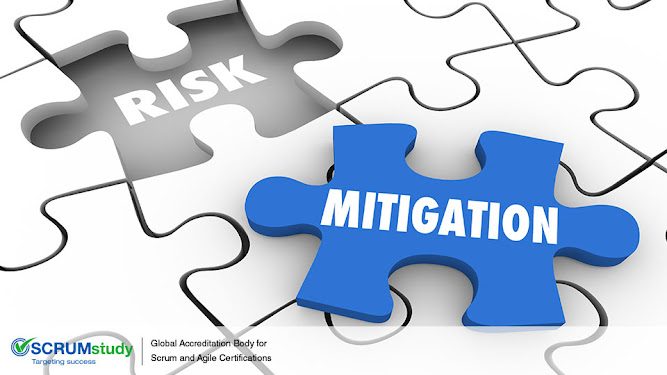Typical Challenges Faced by Scrum Teams
The Scrum Team is sometimes referred to as the Development Team as they are responsible for developing the product, service, or any other result. It consists of a group of self-organized individuals who work on the User Stories in the Sprint Backlog to create the deliverables for the project. They use a high level of collaboration to maximize productivity, so that minimal coordination is required to get things done. To minimize dependency, team members are experts in chosen domain, but also possess general knowledge and skills about other domains.
Some of the solutions a Scrum Team can use when faced by challenges are:
Establish a Common Understanding of the Customer’s Requirements and the Approach to Develop the Product
The Scrum Team consists of members with different levels of expertise, experiences, and viewpoints. So, all members should align themselves with the customer’s requirements to successfully develop the product and meet (or exceed) expectations.
Function as a Single Unit to Achieve the Goals of the Project
A Scrum Team is a cross functional unit that consists of members from diverse groups. This diversity might lead to friction within the team, especially in the formative stage. So, the team must strive to function as a single unit to avoid any internal conflicts that can disrupt work.
Create an Environment that Fosters Collaboration among the Scrum Team Members
Collaboration refers to a team proactively sharing thoughts, ideas and expertise to overcome challenges, or to improve a product’s quality. Collaborating can help a team deliver high-quality products in less time. Knowledge sharing is an important part of collaboration.
Be Prepared to Address the Customer’s Change Requests at any Point During the Product Development Lifecycle
Scrum projects are characterized by high rates of changes, depending on the customer’s requirements. Change requests may be initiated due to fluctuating market conditions, change in the preferences of end users, financial parameters, etc. So, the Scrum Team members should be able to accommodate change requests as the objective of a Scrum project is to deliver functionality of the highest value to the customer.
Possess Some Business Skills to Ensure Smooth Communication with Product Owners and Customers
Scrum Teams frequently interact with Product Owners and sponsors, negotiating which features to deliver during a Sprint to maximize value. While possessing strong technical skills, the team also needs sufficient business knowledge to effectively collaborate with the Product Owner and make informed decisions on feature prioritization.
Ensure Team Velocity is Sustainable and that the Team Delivers the Committed Work
The Scrum Team should work at a pace that is sustainable. This means that the team should neither over estimate nor under estimate tasks. Estimating may be difficult initially. However, after a few Sprints, teams should be able to estimate with more accuracy.
Since a Sprint is time-boxed, the team must find an optimal rhythm to ensure that it meets the objectives of a Sprint a time bound manner.
Ensure Continuous Process Improvement
The Scrum Team is responsible for ongoing process improvement throughout a project. Team members must actively engage in Daily Standup Meetings, Sprint Retrospectives, and Release Retrospectives to share insights and brainstorm enhancements.




Comments
Post a Comment